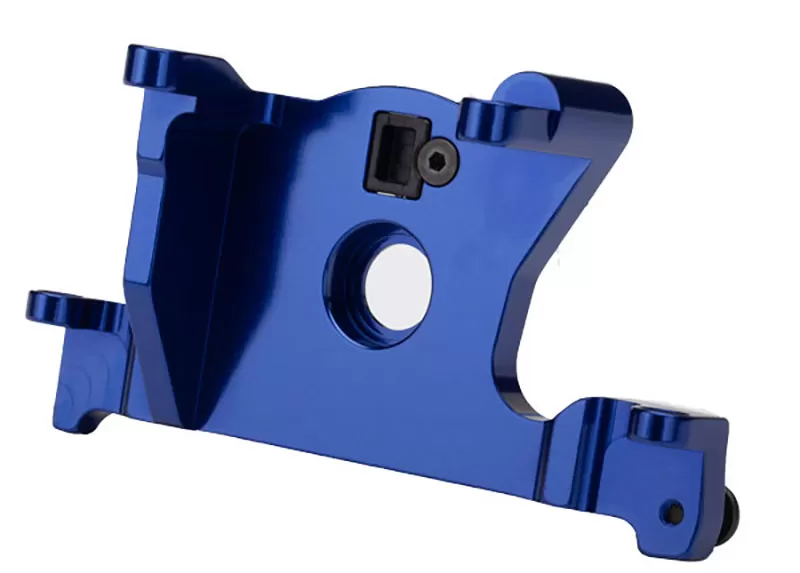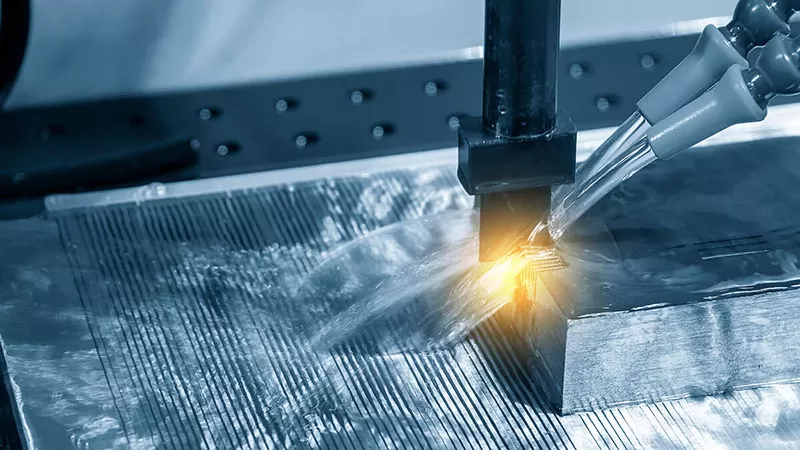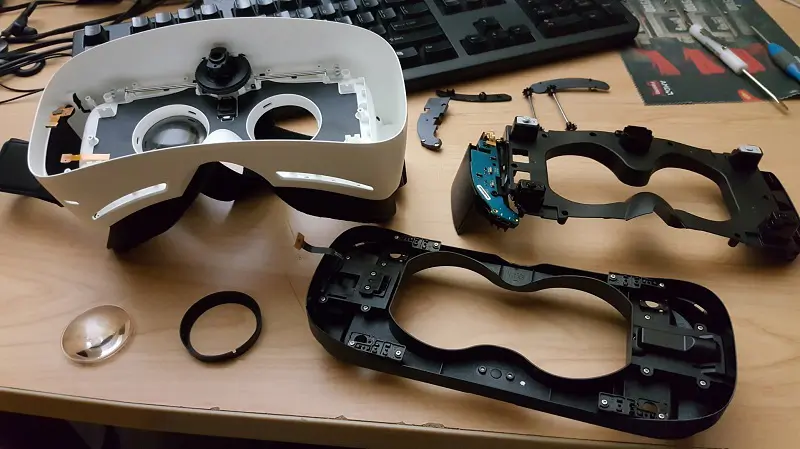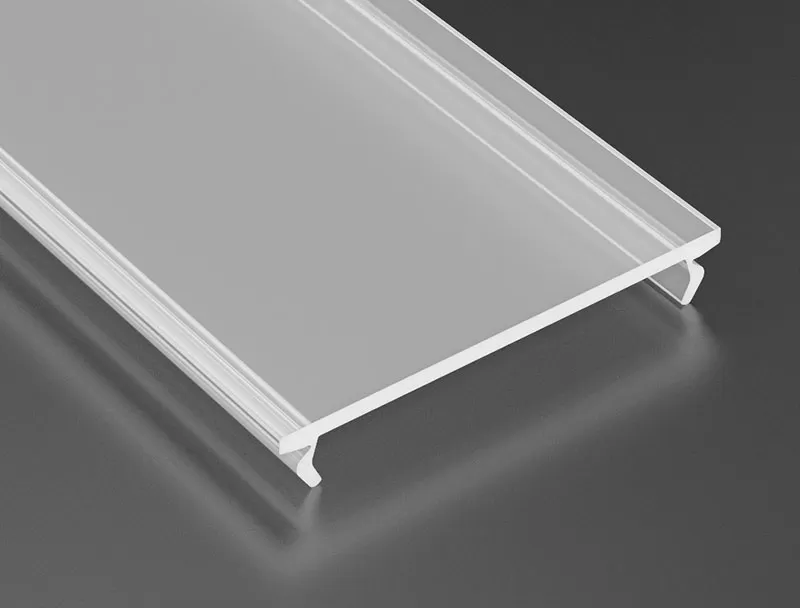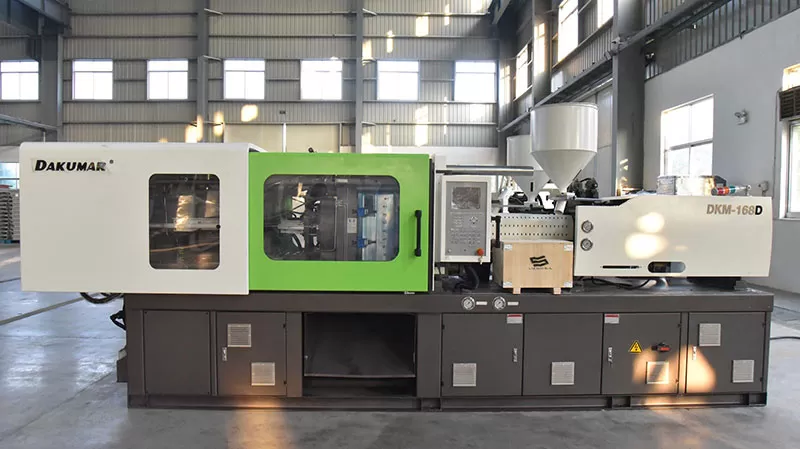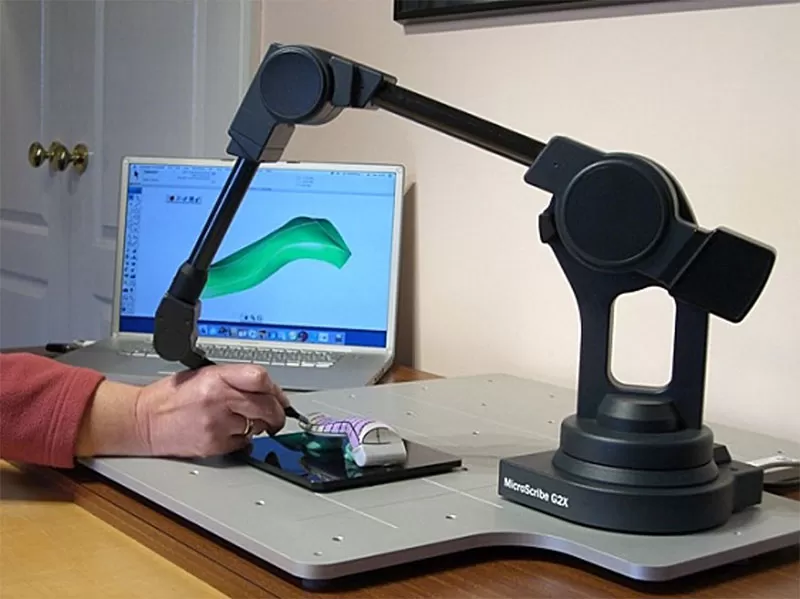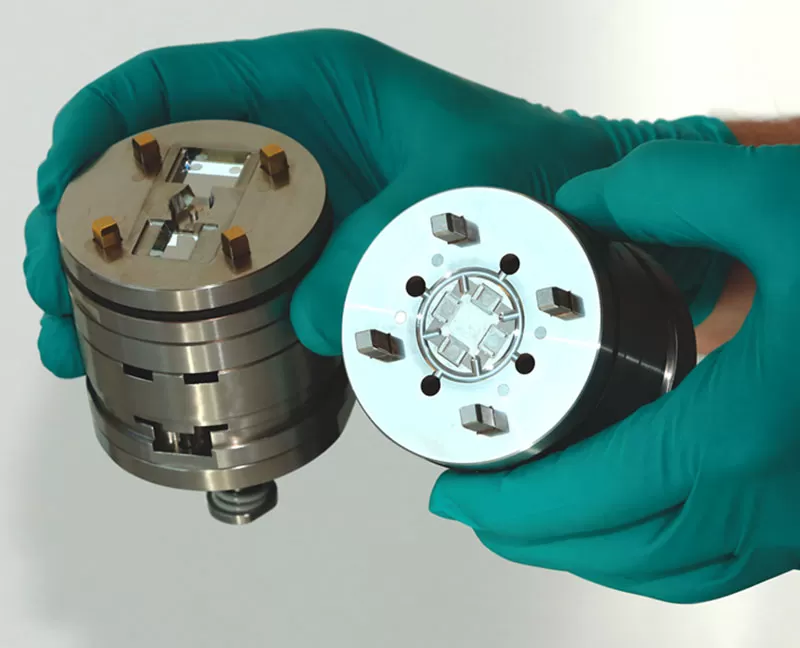Precision Machining of Aluminum Materials for Various Industries
What is Aluminum CNC Machining?
Aluminum CNC machining is a process that involves the use of specialized CNC machines to create precise and complex parts from aluminum materials. The process utilizes computer-aided design (CAD) software and computer-aided manufacturing (CAM) software to create the parts required for production. It is a critical process used in the manufacturing of precision parts for various industries. This process involves the use of specialized computer numerical control (CNC) machines to create precise and complex parts from aluminum materials. In this article, we will explore the benefits of aluminum alloy CNC machining and how it can help your business.
The Benefits of Aluminum CNC Machining
- High Precision: Aluminum CNC machining is a process that produces high-precision parts with tight tolerances and high accuracy. This precision is essential in industries such as aerospace, medical, and electronics, where parts must fit together precisely and perform their intended function. With Al CNC machining, businesses can achieve consistent results with each part produced, ensuring that they meet strict quality standards and reduce the need for additional finishing or adjustment.
- Versatility: Aluminum alloy CNC machining is a versatile process that can create parts of various shapes, sizes, and complexities. This versatility allows businesses to create custom parts that meet their unique requirements. The process utilizes specialized CNC machines that can machine aluminum materials into intricate shapes and designs with high accuracy and precision. This versatility enables businesses to create parts that are specific to their needs, giving them a competitive advantage in the market.
- Durability: Aluminum is a lightweight and durable material that is resistant to corrosion, making it suitable for use in various industries. Aluminium CNC machining allows for the production of parts that are both lightweight and durable, making them ideal for applications that require both strength and weight reduction. Aluminum parts are also resistant to corrosion, making them suitable for use in harsh environments where corrosion can be a concern.
- Cost-Effective: CNC machining for aluminum is a cost-effective process in the long run. It allows for the production of large quantities of parts quickly and efficiently, reducing lead times and minimizing waste. The process utilizes specialized CNC machines that can produce parts with high accuracy and precision, reducing the need for additional finishing or adjustment. This efficiency can result in cost savings for businesses, allowing them to produce high-quality parts while keeping costs low. Additionally, aluminum is a readily available material that is affordable, making it a cost-effective option for businesses.

aluminum alloy 7075 for cnc machining
The Aluminum CNC Machining Process
The aluminum machining process involves several steps, including design, programming, tooling, and production. Let’s explore each step in detail.
- Design: During the design phase, engineers use CAD software to create a 3D model of the part they want to produce. This model is then used to generate the tooling and machining programs required for production.
- Programming: Once the design is complete, the machining programs are generated using CAM software. These programs are used to control the CNC machines during the production process.
- Tooling: The tooling required for production is created using precision machining processes. This tooling includes cutting tools, jigs, and fixtures required for the machining process.
- Production: The aluminum material is then loaded into the CNC machine, and the machining process begins. The CNC machine uses the machining program to cut, drill, and shape the aluminum material into the desired shape and size.
Applications of Aluminum CNC Machining
Aluminum machining is used in various industries, including aerospace, medical, electronics, and automotive. Let’s explore some of the applications of aluminum CNC machining in these industries.
- Aerospace: Aluminum 7075 CNC machining is widely used in the aerospace industry to create precision parts that meet strict quality standards. The high-precision parts produced by aluminum CNC machining are essential for the safety and performance of airplanes, rockets, and satellites. These parts include engine components, structural components, and other critical parts that must withstand extreme temperatures, pressures, and forces. Aluminum is an ideal material for aerospace applications due to its lightweight and durable nature, which can reduce overall weight and increase fuel efficiency.
- Medical: Aluminium CNC machining is used to create medical components such as implants, surgical instruments, and medical devices. The high-precision and durability of aluminum make it an ideal material for medical applications where accuracy and reliability are critical. Aluminum parts are also biocompatible, making them suitable for use in medical implants and devices that come into contact with the human body. The versatility of al CNC machining enables manufacturers to produce custom medical parts that meet the unique requirements of their customers.
- Electronics: Precision Aluminum CNC machining is used to create components for electronic devices such as smartphones, tablets, and laptops. The high-precision and versatility of aluminum CNC machining make it an ideal choice for the production of electronic components that require complex shapes and designs. Aluminum parts can be machined to very tight tolerances, ensuring that they fit together precisely and perform their intended function. Additionally, aluminum is a lightweight material that can reduce the overall weight of electronic devices, making them more portable and easier to handle.
- Automotive: Aluminum alloy 6063 CNC machining is used to create parts for the automotive industry, including engine components and suspension parts. The high-precision and durability of aluminum make it an ideal material for automotive applications where parts must withstand extreme temperatures, pressures, and forces. Aluminum parts can also reduce the overall weight of vehicles, increasing fuel efficiency and improving performance. The versatility of aluminum machining enables manufacturers to produce custom automotive parts that meet the unique requirements of their customers, ensuring that they stay ahead of the competition in the market.
Conclusion
In conclusion, aluminum machining is a critical process used in the manufacturing of precision parts for various industries. The process produces high-precision parts that meet tight tolerances and high accuracy, and it offers several benefits, including versatility, durability, and cost-effectiveness. This process is used in various industries, including aerospace, medical, electronics, and automotive, and it enables businesses to create custom parts that meet their unique requirements. Check more details about M2 Prototype’s precision machining services.
Contact Us


